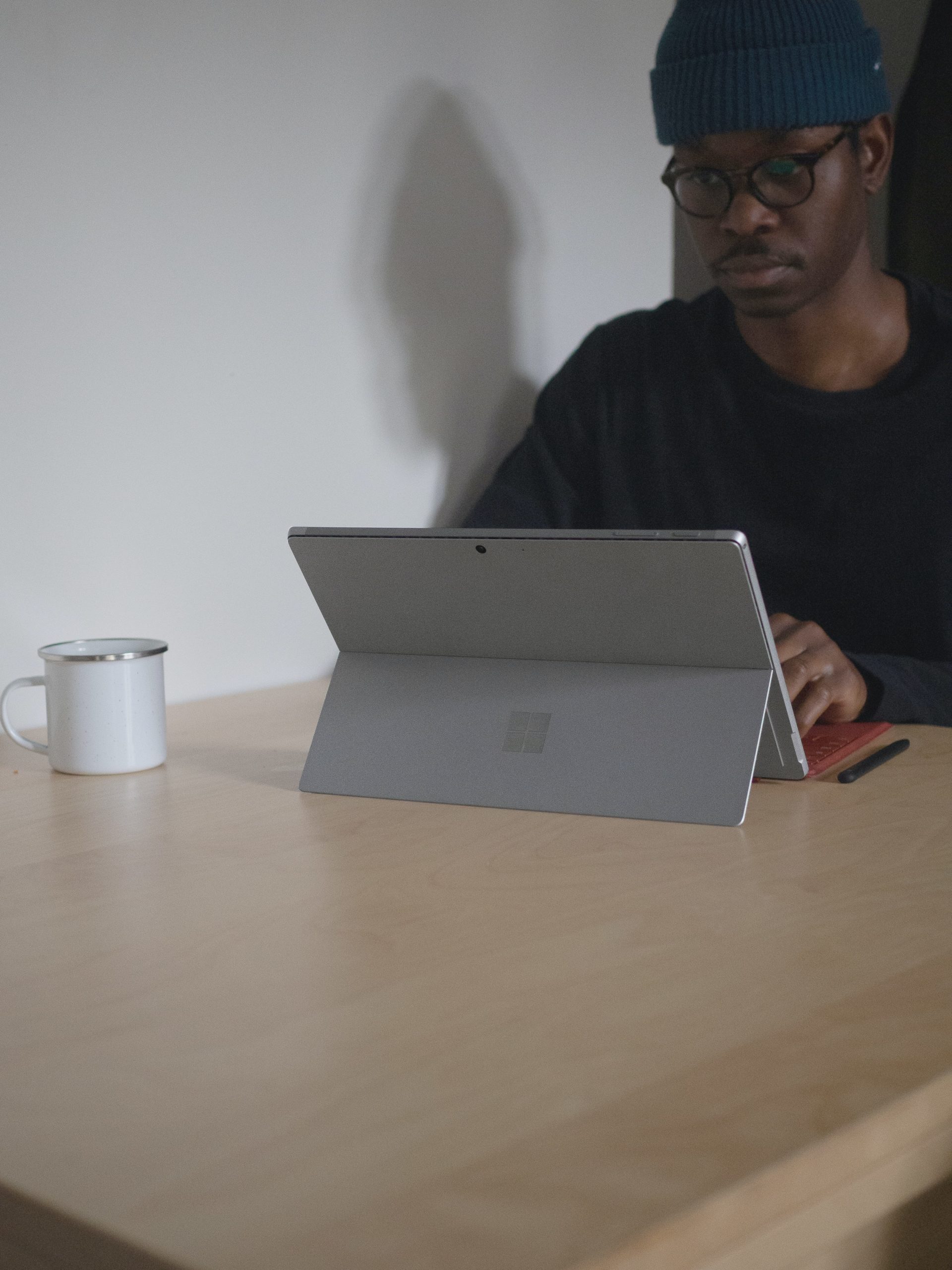One in four say mental health worsened after receiving NHS treatment remotely
Wednesday, 28 April 2021 Mind
The new report – ‘Trying to Connect’ – looks at people’s experiences of accessing mental health treatment remotely via phone or online during the pandemic.
Mind’s survey of almost 2,000 people reveals that more than one in three (35 per cent) found support from NHS mental health services given over the phone or online difficult to use, and one in four (23 per cent) say their mental health actually got worse as a result of using this support.
Of those who took up the offer of support by phone or online, the data also showed:
• Almost two in three (63 per cent) said they would have preferred to have been given face-to-face support.
• One in ten people (10 per cent) said they often or always had technological issues and a further quarter (24.75%) of people sometimes experience technological problems.
• One in three people (34 per cent) said they were often or always worried about confidentiality.
Respondents who took up the offer of mental health support by phone or online did however cite a number of important positives, with two in three (69 per cent) appreciating not having to travel, almost one in two (47 per cent) grateful for greater flexibility over appointment times and two in five (40 per cent) saying that waiting times were shorter.
The survey data has informed Mind’s latest report – Trying to Connect – which aims to make sure that everyone can access the mental health support they need and deserve. Given respondents mentioned a range of important advantages as well as disadvantages to accessing treatment remotely, we’re calling on the UK Government to make sure people who need support for their mental health are offered a choice of treatments – including face-to-face – so that they can choose the options that best suit them.
Responding to these survey findings, Geoff Heyes, Head of Health Policy & Influencing at Mind said:
“Rates of poor mental health were already high across the country even before the pandemic. In the past year, we’ve seen an increase in the number of people contacting us about their mental health and a surge in demand for our information including via our website, Infoline and our local Minds services across England and Wales.
“During the pandemic, services have quickly adapted to help stop the spread of coronavirus. NHS mental health services delivered over the phone or online have been a lifeline for many, with lots of people telling us having the choice helped with things like childcare responsibilities and working schedules, particularly for those struggling to get to face-to-face appointments.
“Others, however, told us about stressful experiences and concerning breaches of confidentiality. Nobody should have to worry about the wrong healthcare professional or another client attending a confidential therapy session, for example. We know our hardworking NHS staff have done an amazing job during such a difficult time, and we don’t want people to be deterred from asking for the help they need. But it is worrying that one in four of those we surveyed said their mental health had worsened because of accessing NHS treatment remotely. At the very least, people should expect their mental health to stay the same, if not improve.
“As restrictions continue to ease, and we begin to deal with the long-term impacts of the pandemic – bereavement, grief, redundancy, and insecure employment, it’s really important everyone is offered a range of options – including face-to-face treatment – so that they can pick the most convenient and appropriate option. Online therapy cannot be seen as an easy answer to fixing growing pressures on overstretched mental health services. There is no cheap fix.”


